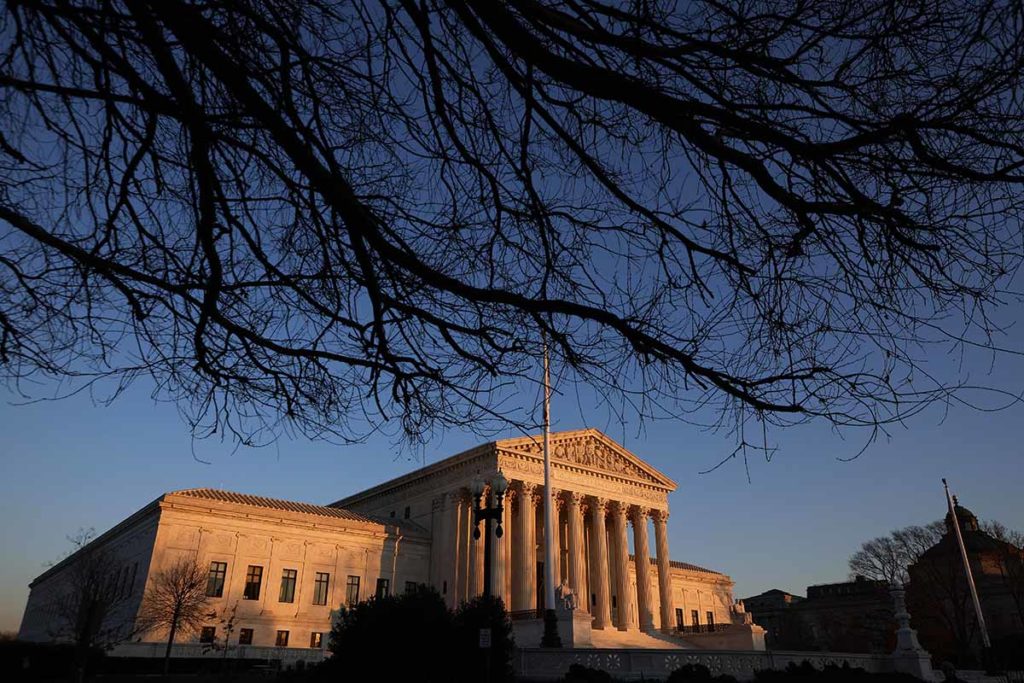
As the U.S. Supreme Court addresses whether Congress authorized the Environmental Protection Agency to issue rules capable of reshaping the nation’s electric grid through the Clean Air Act, electric cooperatives continue to support the preservation of state authority to set emission levels at fossil fuel generation sources.
“The oral argument presented today was clear that the Supreme Court should preserve the states’ authority to set emission standards at power plants. Federal agencies are not free to rewrite statutory terms to accommodate policy desires that lack clear congressional directive,” NRECA CEO Jim Matheson said Monday.
“The Circuit Court’s decision would unconstitutionally allow EPA to determine the type of electric generation used within the states’ borders. Congress has recognized that every state is different, and the Court’s decision should recognize this fact,” Matheson said.
Matheson’s statement followed oral arguments in West Virginia v. the Environmental Protection Agency. The case pits coal-producing states and mining interests against the agency over an appeals court’s decision to throw out the 2019 Affordable Clean Energy rule, which gave states the right to set emission standards for existing power plants.
The Supreme Court could decide the case by June.
The ACE rule replaced the Obama-era Clean Power Plan, which established emission guidelines for states to follow limiting carbon dioxide emissions from existing power plants. The U.S. Court of Appeals for the D.C. Circuit vacated the ACE rule, sending the matter back to EPA.
EPA plans to propose a replacement for the ACE rule late this year and finalize a new rule in 2023, Elizabeth Prelogar, solicitor general representing the agency, told the justices.
Six generation and transmission co-ops and NRECA filed an amicus brief last December stating the position that Congress gave the states, not EPA, authority to set the standards for existing plants, with guidance from EPA, and that those standards must be achievable by each plant.
They said that the Clean Power Plan, which was sidelined by litigation and never took effect, would have forced “generation shifting” away from fossil fuel, harmed the economy and threatened the grid.
The G&Ts also raised the Supreme Court’s “major questions doctrine,” which asserts that federal agencies must have specific authorization from Congress when making policy of vast economic and political significance. Imposing emissions caps on electric generating units nationwide, they argued, would be such an action.
Cathy Cash is a staff writer for NRECA.